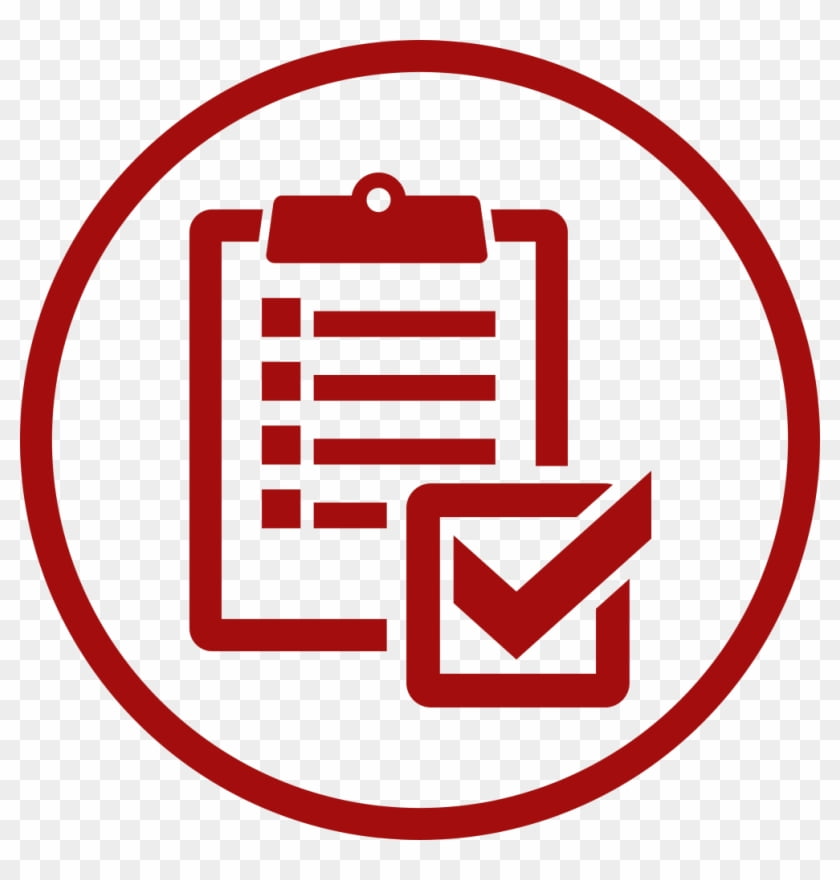15 Strategies for Optimizing Audience Engagement Through Interactive Polls
Interactive polls represent a potent instrument for enhancing audience engagement and accumulating valuable data. Whether employed for market research, product feedback acquisition, or community interaction enhancement, crafting compelling polls is paramount. This article elucidates fifteen strategic approaches to design polls that not only garner data but also captivate the audience and inspire meaningful interactions. Key concepts underpinning these strategies include principles of user experience (UX) design, social influence theories, and behavioral economics.
1. Prioritizing Clarity and Cognitive Ease: Poll questions must adhere to principles of clear and concise communication, avoiding jargon and complex sentence structures. This aligns with the cognitive ease heuristic, ensuring minimal cognitive load for participants and maximizing participation rates. The application of this principle ensures that the mental effort required to understand and respond to the poll is minimized, thereby improving participation. For instance, instead of asking “Do you find our new product's user interface intuitive and efficient in achieving your desired outcomes?” a more effective question might be "How easy was it to use our new product?"
2. Audience Segmentation and Tailored Content: Understanding the target audience is fundamental. Poll questions should resonate with their interests and preferences, a core tenet of targeted marketing. Relevance directly correlates with engagement. For example, a poll targeting tech-savvy millennials would employ different language and visual cues than one targeted at senior citizens.
3. Enhancing Visual Appeal and UX Design Principles: Incorporating high-quality visuals, adhering to principles of visual hierarchy and Gestalt psychology, significantly elevates engagement. A well-designed poll interface, characterized by intuitive navigation and visually appealing elements, enhances user experience and improves completion rates. This can be achieved through the use of consistent branding, clear call-to-actions, and visually appealing color schemes.
4. Diversification of Question Formats and Data Collection Methods: Utilizing diverse question formats, including Likert scales, ranking questions, and open-ended text fields, provides richer data and sustains participant interest. This approach addresses the limitations of simple multiple-choice questions and offers a more comprehensive understanding of participant perspectives. Mixed-methods approaches leverage both quantitative and qualitative data to gain a holistic view of the subject.
5. Leveraging the Scarcity Principle and Time Constraints: Implementing a reasonable time limit encourages timely participation. The scarcity principle, a cornerstone of behavioral economics, highlights the increased desirability of limited resources, thereby motivating quicker responses. For example, specifying a deadline ("Poll closes in 24 hours!") encourages immediate action.
6. Injecting Brand Personality and Humor: Employing a brand's unique voice and incorporating appropriate humor enhances the overall experience, making the interaction more enjoyable and increasing participation. This approach leverages emotional engagement and fosters a positive association with the brand.
7. Facilitating Social Sharing and Organic Reach: Integrating prominent social media sharing buttons allows for effortless dissemination, amplifying reach and engagement organically. This harnesses the power of social influence and network effects to increase the poll's visibility and participation rate. This is in line with social media marketing strategies that aim to leverage user-generated content and viral marketing.
8. Harnessing Influencer Marketing and Social Proof: Collaborating with relevant influencers builds credibility and significantly expands the poll's reach. This leverages the principle of social proof, where individuals are more likely to participate if they perceive others are doing so, thereby increasing visibility and participation. The choice of influencers should be strategically aligned with the target audience.
9. Personalization and Building Rapport: Addressing participants by name, where feasible, fosters a personalized experience and strengthens the connection between the brand and its audience. This leverages the principles of personalized marketing and relationship building, improving engagement and loyalty. Personalization can also be achieved by tailoring poll content based on past interactions.
10. Real-Time Engagement and Community Building: Promptly responding to comments and questions demonstrates value for participant input, encouraging further interaction and fostering a sense of community. This strengthens relationships and promotes brand loyalty.
11. Transparency and Result Dissemination: Sharing results after the poll concludes builds trust and fosters a sense of community involvement. Transparency reinforces ethical considerations and increases the likelihood of future participation.
12. Incentivizing Participation and Behavioral Economics: Offering incentives, such as discounts or exclusive content, increases response rates by tapping into intrinsic and extrinsic motivation. This strategy leverages principles of behavioral economics, specifically reward systems, to influence behavior and increase engagement.
13. Gamification and Intrinsic Motivation: Incorporating game mechanics, like points or leaderboards, enhances engagement by leveraging the principles of gamification and intrinsic motivation. This creates a fun and competitive atmosphere, fostering increased participation and interaction.
14. Series Development and Longitudinal Data Collection: Creating a series of interconnected polls allows for in-depth exploration of topics over time, leading to richer insights and sustained engagement. This provides a longitudinal perspective, permitting analysis of trends and changes in opinion over time.
15. Iterative Improvement and Data-Driven Optimization: Analyzing poll data and using the insights to refine future polls is crucial for maximizing effectiveness. This data-driven approach facilitates continuous learning and adaptation, ensuring optimization of the polling process over time.
Conclusions and Recommendations: Effectively utilizing interactive polls requires a multifaceted approach, integrating principles of UX design, social influence, and behavioral economics. By understanding and applying these principles, organizations can create highly engaging polls that gather valuable data and cultivate stronger relationships with their audiences. Future research should explore the optimal balance between different incentive structures and the long-term impact of gamification on audience loyalty. The application of advanced analytical techniques, such as predictive modeling, to poll data could further enhance the strategic value of this engagement tool.
Reader Pool: Considering the interplay between user experience design and behavioral economics principles, how could the effectiveness of interactive polls be further optimized to achieve higher engagement and more reliable data?



